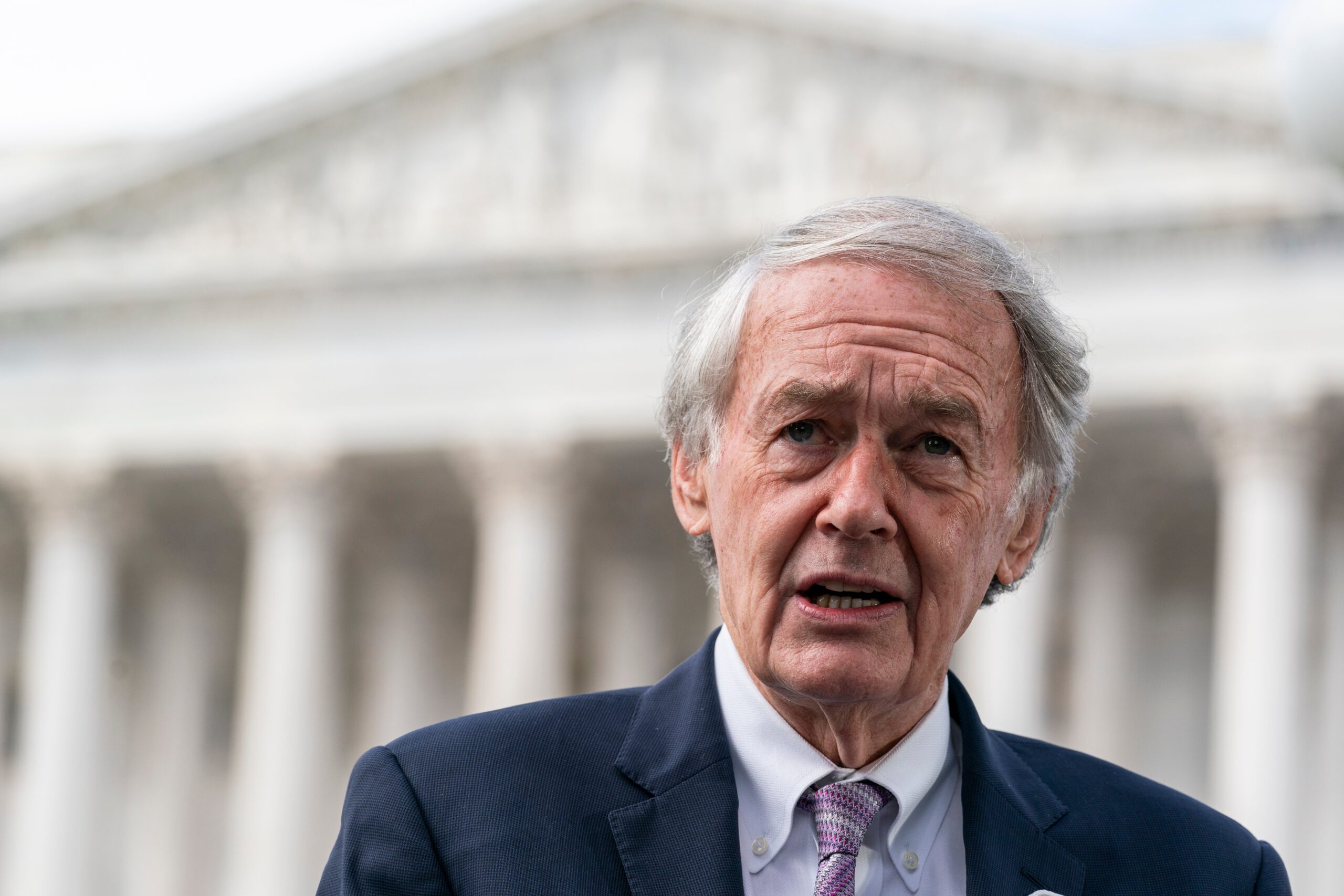Updated July 14, 2022 at 9:58 p.m.
If you just copped a brand new video doorbell in a Prime Day sale, but you’re concerned about the ever-expanding police/surveillance state we live in, you may want to consider the purchase after reading this.
Suggested Reading
Ring, one of the top Internet-connected doorbell companies, admitted in a letter to U.S. Sen. Ed Markey (D-Mass.), that the company has given footage and other data from cameras installed at private homes to police 11 times this year without the owners’ consent. Ring is owned by Amazon, which is not only the country’s largest online retailer but also has other businesses including streaming media and cloud services, which ultimately give the company access to huge amounts of consumer data. Think of Amazon like Santa Claus: it can deliver exactly what you want for Christmas but it also likely knows when you’re sleeping, when you’re awake and whether or not you streamed last week’s P-Valley ep and how many times you might have run back certain scenes. That doesn’t necessarily mean Amazon is doing anything awful with your data, but it does bear paying attention to, especially when it comes to Ring. The Washington Post (which is owned by Amazon founder and former CEO Jeff Bezos) reported in 2019 that Ring had developed a program in which 400 police departments around the country could request access to video feeds from Ring cameras, essentially providing cops with a nationwide surveillance network without having to spend any money or jump through any legal hurdles to do so. Yesterday’s letter says that that number has grown to 2,161 police agencies and 455 fire departments that can request feeds through the Ring Neighbors app.Ring has a privacy policy that includes the ability of users to decline requests from cops to look at their cameras’ videos but that policy has a loophole: even if cops don’t have a warrant, Ring can give law enforcement access to data from a camera without a user’s permission in the event of an emergency that involves “imminent danger of death or serious physical injury to any person,” PCMag reported. But who gets to make that determination? A Ring spokesperson gave further clarity on its policy for allowing police departments and other public safety agencies to request access to customers’ video feeds. The company requires such agencies to use a verified profile in the Neighbors app to make a publicly viewable “request for assistance” post. The requests are limited to a 12 hour window and can only cover a geographic area of between 0.025 and 0.5 miles. Ring customers must opt in to receive such requests and can opt out at any time.
“It’s simply untrue that Ring gives anyone unfettered access to customer data or video, as we have repeatedly made clear to our customers and others,” the spokesperson said. “The law authorizes companies like Ring to provide information to government entities if the company believes that an emergency involving danger of death or serious physical injury to any person, such as a kidnapping or an attempted murder, requires disclosure without delay. Ring faithfully applies that legal standard.
Markey says he’s skeptical.
From PCMag.com
However, Markey is still concerned with Ring’s so-called “emergency circumstance exception,” citing how the data was given up without the user’s consent. “Increasing law enforcement reliance on private surveillance creates a crisis of accountability,” he said in a statement(Opens in a new window), “and I am particularly concerned that biometric surveillance could become central to the growing web of surveillance systems that Amazon and other powerful tech companies are responsible for.”
Straight From 
Sign up for our free daily newsletter.


